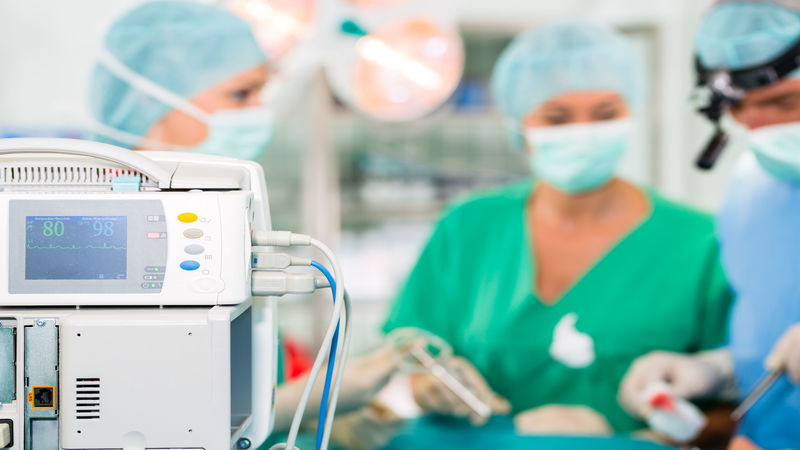If you have hyperglycemia and are anticipating an upcoming plastic surgery procedure, see both your endocrinologist and plastic surgeon. If your hyperglycemia is not well-managed, then you may experience delayed healing after your plastic surgery in Dallas. Here are some reasons why your hyperglycemia needs to be addressed prior to your procedure.
Infection Risk
People who have hyperglycemia are typically those who have been diagnosed with diabetes. High blood sugar levels raise your risk for developing postoperative infections of the blood and surgical wound site. Once your endocrinologist has stabilized your blood sugar levels, your risk for infection after your plastic surgery in Dallas will decline. Signs of postoperative infections include incisional pain and inflammation, increased bleeding around your staples, and excessive wound drainage. Systemic symptoms may include fever, chills, and muscle pain.
Increased Blood Glucose
Poorly managed diabetes can raise your risk for extremely high blood glucose levels after your plastic surgery. This can lead to a life-threatening condition known as ketoacidosis, which can cause confusion, seizures, cardiovascular events, and organ failure. If your plastic surgeon determines that your diabetes is not well-managed, he or she may delay your procedure until your blood glucose levels are better controlled. Once your surgeon schedules your surgery, he or she may consult with your endocrinologist to develop a plan of care to help ensure that you enjoy an event-free recovery.



